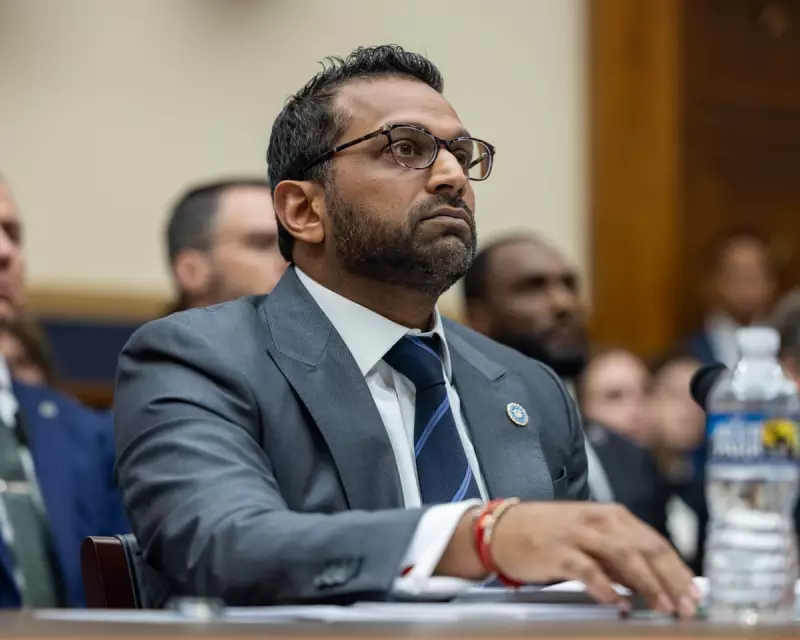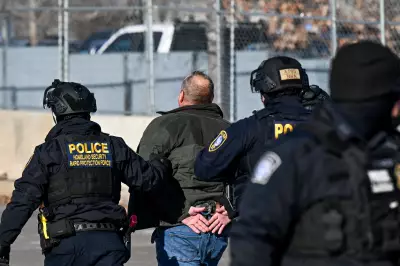
In a significant diplomatic move, New Zealand immigration authorities have barred Kash Patel, a prominent figure from the Trump administration, from entering the country. The decision comes amid growing concerns about Patel's alleged advocacy for relaxed gun laws and his involvement in post-election activities.
Border Rejection Sparks International Attention
Patel, who served as chief of staff to the acting defence secretary during Donald Trump's presidency, was scheduled to speak at a series of events in New Zealand. However, immigration officials intervened, preventing his entry based on what they described as "potential risks to public order and safety."
Controversial Background Under Scrutiny
The former administration official has been a vocal supporter of gun rights and was reportedly involved in efforts to challenge the results of the 2020 presidential election. These factors appear to have weighed heavily in New Zealand's assessment of his eligibility to enter the country.
New Zealand's strict immigration policies allow for the exclusion of individuals whose presence might threaten public order or conflict with the nation's values. The country has maintained rigorous gun control measures since the tragic Christchurch mosque shootings in 2019.
Patel's Response and Political Reactions
In response to the ban, Patel condemned the decision as politically motivated, accusing the New Zealand government of suppressing free speech. "This is nothing more than an attempt to silence conservative voices on the global stage," he stated through his representatives.
The incident has drawn attention from political figures on both sides of the American political spectrum, with some viewing it as an appropriate application of immigration law and others criticising it as an infringement on political expression.
Broader Implications for International Travel
This case highlights the increasing scrutiny that former government officials face when travelling internationally, particularly those associated with controversial policies or political movements. It also underscores the delicate balance nations must strike between security concerns and principles of free speech.
New Zealand's decision reflects its commitment to maintaining its strict stance on gun control and public safety, even when facing criticism from international figures. The incident is likely to fuel ongoing debates about immigration policy, free speech, and international relations in the post-Trump era.





